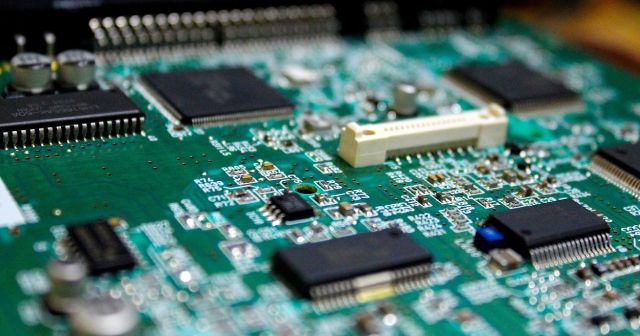
L&T Semiconductor Tech, IISc to develop India’s first 2D innovation hub


L&T Semiconductor Technologies (LTSCT), a subsidiary of Larsen & Toubro, and the Indian Institute of Science (IISc), Bangalore, on Thursday, collaborated to develop a national 2D Innovation Hub.
A 'first-of-its-kind' in India, the innovation hub aims to advance research and development in 2D material-based semiconductors and quantum technologies to advance semiconductor innovation in the country.
According to a company statement, LTSCT will contribute manpower, facilities, and ecosystem connections, expanding to infrastructure development and indigenous toolchains. IISc will develop platform technologies, create wafer-scale fabrication capabilities, and lead translational research in 2D semiconducting and quantum applications.

The companies signed an MoU outlining the intent to collaborate on establishing and growing the Hub, pending government approval.
LTSCT's Chief Executive, Sandeep Kumar, said that the partnership signifies India's growing role in semiconductor innovation by combining the company’s industrial capabilities with IISc’s academic strengths. IISc will anchor the Hub by setting up fabrication facilities, standard process flows, and advanced device prototyping. They will also build shared infrastructure, foster collaboration, train talent, and drive translational research.
The semiconductor product company, with R&D centres in Bengaluru, Delhi and Chennai, and Product Engineering & Sales divisions in Austin, Munich and Tokyo, will provide research fellowships, joint PhD supervision, lab access, and funding. In the medium term, the companies will leverage L&T's expertise in semiconductor R&D infrastructure and build global partnerships.

The National 2D Innovation Hub aims to position India as a leader in 2D and quantum chip innovation, industry integration, and productisation, equipping the nation with R&D capabilities, talent, IP, and manufacturing capacity to shape the semiconductor landscape and drive technology adoption across key sectors.
In a separate development, IISc is collaborating with Bengaluru-based robotics startup CynLr or Cybernetics Laboratory to develop robotic perception systems based on biological vision. The collaboration aims to translate neuroscience principles into robotics, including sponsored PhD projects, and has officially begun execution. CynLr will contribute technical infrastructure and real-world robotic challenges, while IISc’s Vision Lab, led by Prof. SP Arun, will spearhead neuroscience research and experimentation.
In November 2024, the deeptech company raised $10 million as part of Series A funding led by Pavestone and Athera Venture Partners, with existing investors including Speciale Invest, Infoedge and others also participating. The startup has a three-armed, modular, general-purpose robot system called CyRo geared towards factories looking to automate complex tasks.

